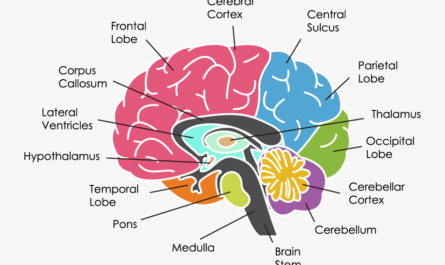A recent study led by the National Center for PTSD and Yale researchers examined the well-being of U.S. veterans and identified key factors that influence their overall health. The study, published in JAMA Network Open, aimed to fill the gap in research on positive aspects of health and well-being among veterans.
The study analyzed data from a nationally representative sample of over 2,400 U.S. veterans. The researchers looked at subjective ratings of well-being, as well as sociodemographic, health, and psychosocial factors. The findings shed light on the factors that contribute to the well-being of veterans and provide valuable insights for developing interventions and care plans.
One of the key findings was that younger, female, and Hispanic veterans reported the lowest well-being scores. This highlights the need for targeted interventions to address the specific challenges faced by these groups. The study also revealed that the strongest correlates of well-being were protective psychosocial characteristics, such as having a sense of purpose in life. Veterans who reported higher levels of purpose in life were less likely to have lower levels of well-being, even if they had more physical health conditions.
According to Dr. Peter Jongho Na, lead author of the study, there is a lack of research on the positive aspects of health, such as well-being, among veterans. Most studies have focused on the epidemiology of mental disorders, leaving a gap in understanding the factors that contribute to overall health and well-being. This study aimed to bridge that gap and provide insights into the psychosocial factors that can help improve the well-being of veterans.
Dr. Robert Pietrzak, senior author of the study, emphasized the importance of interventions that promote purpose in life. The study findings suggest that interventions aimed at enhancing a sense of purpose could help improve the well-being of veterans, even in the presence of physical health conditions. This highlights the need for personalized care plans that address both the physical and psychosocial aspects of veterans’ health.
The study also pointed out the need for a shift in focus from reactive disease-oriented medical care to a preventive and holistic approach. This aligns with the Whole Health initiative launched by the U.S. Department of Veterans Affairs over a decade ago. The initiative emphasizes personalized care plans that address the physical, mental, and emotional well-being of veterans.
The findings of this study provide valuable insights for policymakers, healthcare providers, and organizations involved in the care of veterans. By understanding the factors that influence well-being, interventions can be developed and implemented to improve the overall health and quality of life of U.S. veterans. This study serves as an important step towards achieving the goal of providing comprehensive and holistic care to those who have served in the military.
*Note:
1. Source: Coherent Market Insights, Public sources, Desk research
2. We have leveraged AI tools to mine information and compile it



